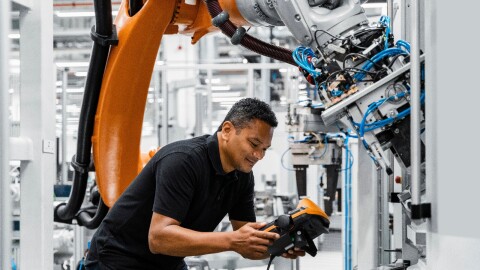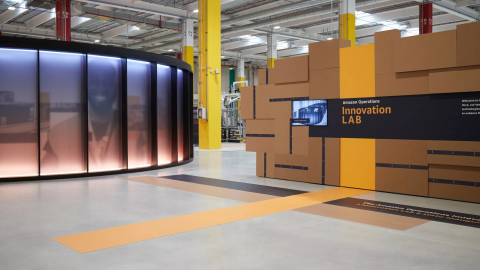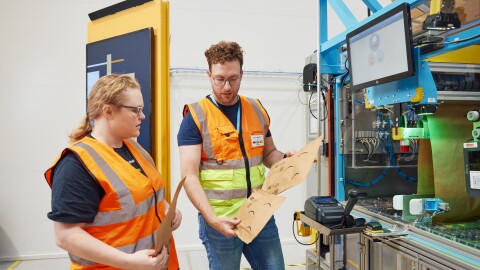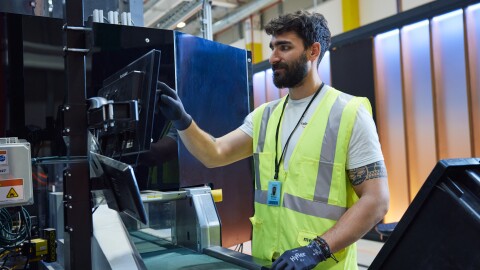A new study by the Politecnico di Milano and Amazon on demand forecasting and advanced inventory management in e-commerce logistics reveals how artificial intelligence (AI) can create new jobs rather than replace them, while increasing business efficiency and reducing waste.
What happens when people work alongside technology in logistics? New roles emerge, efficiency improves, and waste is reduced, according to the study “The Impact of AI and Digital Technologies on Demand Forecasting and Advanced Inventory Management in E-Commerce Logistics: An Economic and Social Analysis” by the Politecnico di Milano and Amazon, carried out with the strategic support of Caio Digital Partners.
The findings - based on quantitative and qualitative data collected through various methodologies, including literature analysis and interviews with companies operating in the logistics sector, with a particular focus on Italian e-commerce businesses - show that 80% of the companies surveyed successfully reassigned employees to higher value-added roles, creating new professional positions, while 85% reported improvements in process efficiency and customer satisfaction.
"The study clearly shows how technology is transforming work," said Stefano Perego, VP International Operations at Amazon. "Companies can reallocate people to higher value-added activities, freeing them from repetitive tasks so they can focus on roles that require analytical thinking, decision-making, and interpretation. In our fulfillment centres, we use cutting-edge technologies and predictive data analytics to optimise operations—but always with a clear goal: to extend and enhance people’s capabilities, not replace them.
“Since we began introducing these technologies in our logistics centres, we’ve moved from having primarily pickers and packers to over 60 different job types, from specialised technicians to data analysts. And just in 2024, 20,000 employees in Europe across our last mile logistics network were trained in the use of new technologies and over the past two years, we have increased the number of reliability, maintenance, and engineering (RME) roles in all our European facilities by 50% - further proof of our commitment to preparing our people for the skills of the future."
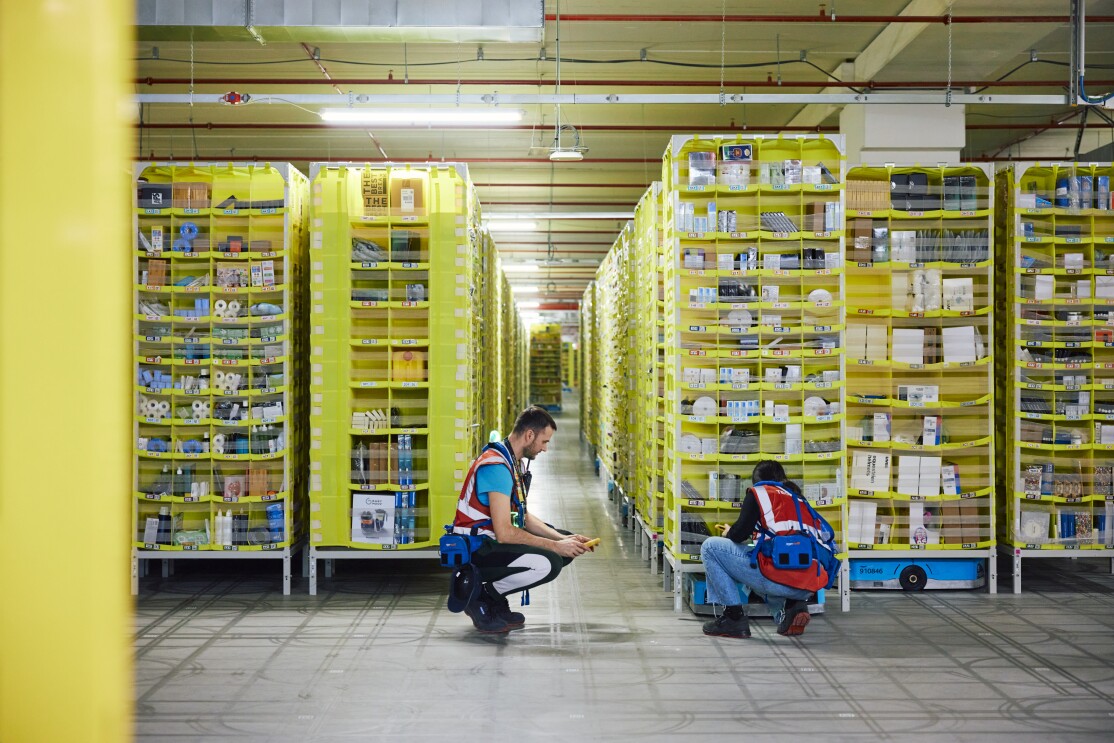
Technology transforming work
The research dispels common myths about automation. The adoption of AI can foster the emergence of new opportunities rather than replace workers: 40% of the companies surveyed reported an improvement in their staff’s digital skills. New roles have also emerged, focused on data analysis and planning, with 80% of companies having reassigned employees to higher value-added tasks.
The study also reveals that all companies surveyed that implemented AI reported improvements in demand forecast accuracy, leading to more effective and efficient inventory management. Companies that already had structured forecasting processes before adopting advanced solutions saw an improvement in forecast accuracy ranging from 5% to 10%, while those starting from unstructured processes saw improvements of up to 95%.
Sustainability and efficiency
The environmental impact is also significant. Half of the companies surveyed reduced waste by 50%, while 70% lowered emergency shipments thanks to improved planning. Warehouse space optimisation was also remarkable, with 40% of companies recovering up to 20% of space. In the most advanced cases, companies halved the required surface area while maintaining the same service levels. Transport efficiency also improved significantly. Half of the companies achieved better vehicle load rates, with some increasing from 85% to 95% capacity, and reducing the total number of shipments by 30%.
Customer experience and supply chain integration
In addition, AI implementation has improved the customer experience for 85% of the companies surveyed. 60% have increased their item availability rate—that is, the percentage of products available and ready for shipment at the time of order—while 40% have expanded their product offerings thanks to more efficient use of warehouse space.
The impact extends across the entire supply chain: 95% of companies reported improved visibility and integration throughout their supply chain, and 70% reported enhanced internal collaboration, particularly between departments.
"The thoughtful development and use of cutting-edge solutions, like those analysed in this study, is an excellent example of how AI can be strategically leveraged to drive holistic and positive change," said Riccardo Mangiaracina, Professor at the Politecnico di Milano, Scientific Director of the B2C eCommerce Observatory and co-founder of the B2C Logistics Center.
"In a phase of major business transformation, Amazon offers a concrete example of the new enterprise paradigm in the age of AI—where technology becomes an opportunity for reskilling and professional growth for everyone working across the e-commerce logistics chain," said Francesco Caio, Chairman of Caio Digital Partners.








